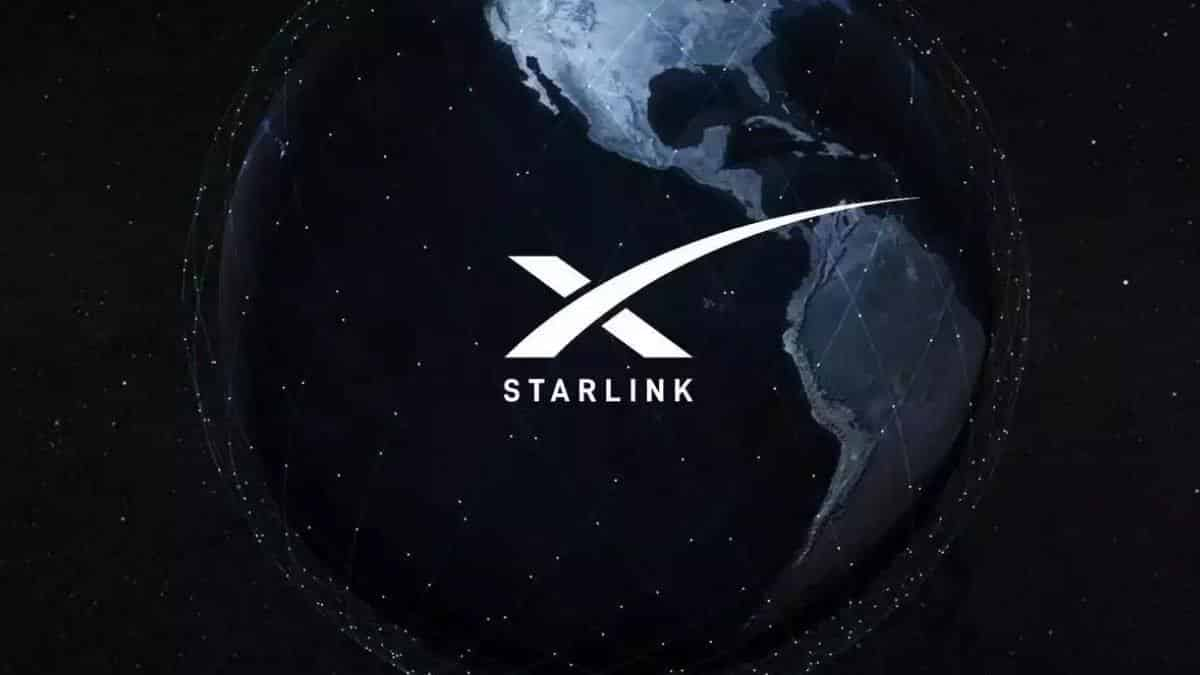Elon Musk’s Starlink has registered a unit in India, with the intention of focusing on rural areas

Elon Musk backed the project. On Monday, Starlink registered its company in India. According to corporate paperwork filed with the government, it intends to start internet services in the country.
Elon Musk’s rocket firm SpaceX has a satellite internet division called Starlink.
The corporation will be able to apply for licences to deliver broadband and other satellite-based communication services more easily if it has a local unit.
“Pleased to inform that SpaceX now has a 100% owned subsidiary in India,” Sanjay Bhargava, Starlink’s country director, said on Linkedin.
“We can now start applying for licences, opening bank accounts, and so on,” said Bhargava, who joined the company in October, according to his LinkedIn page.
According to the corporate registration, Starlink wants to “carry on the business of telecommunication services” in India, including satellite broadband internet services, content storage and streaming, and multi-media communication.
It will also sell satellite phones, network equipment, wired and wireless communication devices, and data transmission and receiving equipment, according to the announcement.
According to a company presentation released by Bhargava on LinkedIn over the weekend, Starlink plans to use its broadband services to “catalyse rural development” in India.
In the initial phase, 100 smartphones would be given away for free to schools in Delhi and the surrounding rural regions. After that, it would focus on 12 rural districts across India.
According to the presentation, the business plans to have 200,000 Starlink devices in India by December 2022, with 80 percent of them being in rural areas. In India, Starlink has received over 5,000 pre-orders for their products.
One of the firms deploying small satellites as part of a low-Earth orbiting network to provide low-latency broadband internet services around the world is Starlink. The goal is to reach out to places where terrestrial internet infrastructure is inadequate. Apart from Starlink, Amazon.com’s Kuiper and OneWeb, a joint venture between the British government and India’s Bharti Enterprises, provide the technology.


